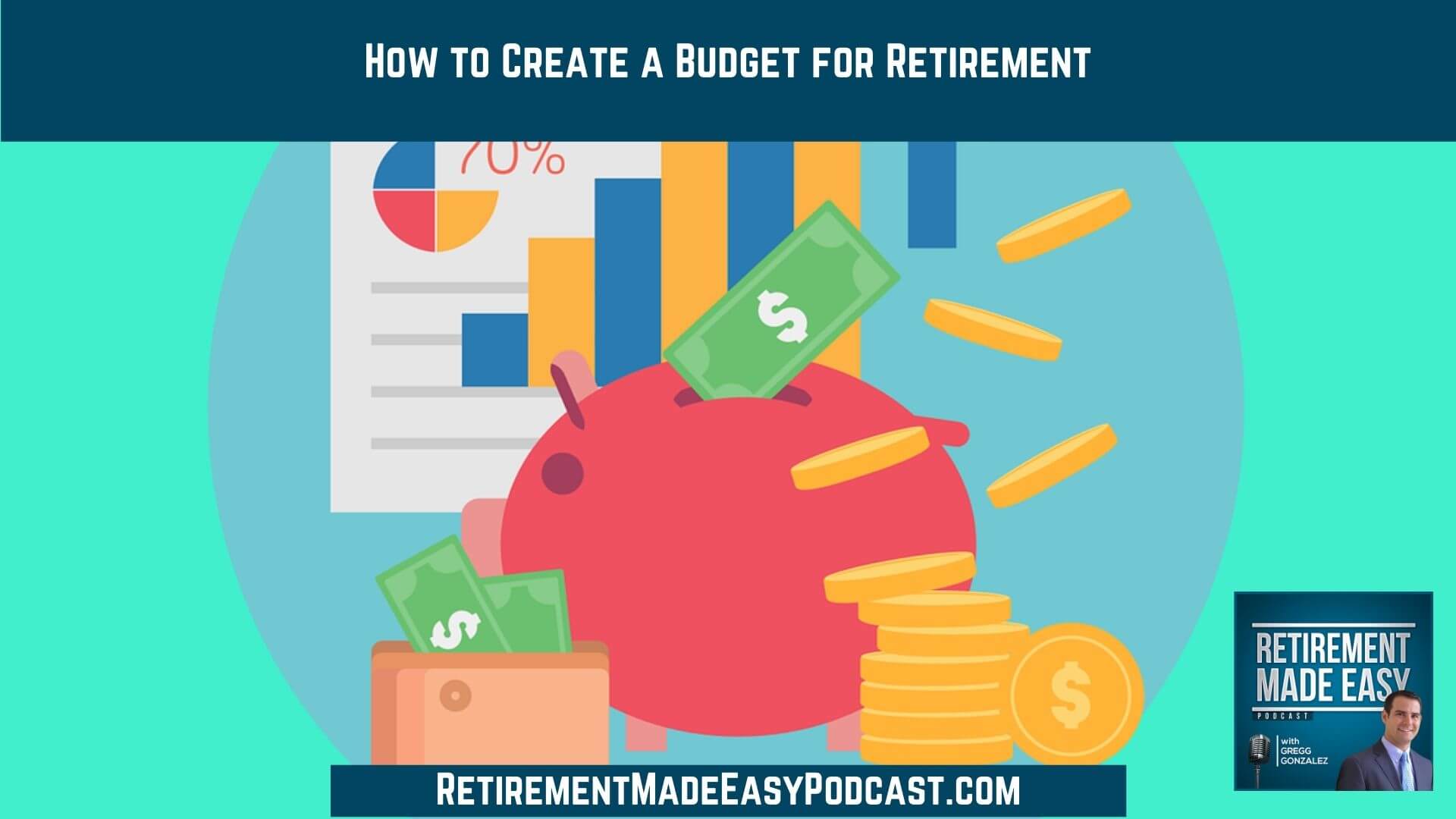
People say that you spend 30% less in retirement—but is that true? What do you need to budget for retirement? In this episode of Retirement Made Easy, I look at data from my many clients throughout the US to help YOU get a clearer picture of your budget for retirement. If you’re questioning where your budget needs to be, don’t miss this one!
You will want to hear this episode if you are interested in…
- [2:05] How to create a budget for retirement
- [7:12] Chapman University Survey of American Fears
- [8:34] What will you spend in retirement?
- [9:53] What expenses will change?
Ignore the “rule of the thumb”
The rule of thumb says you’ll spend 30% less in retirement than when you were working. My advice? Do not operate on a rule of thumb. Instead, operate based on your own goals. I believe everyone is a snowflake. Everyone’s families, financial situations, and goals are different. Some retirees want to golf every day of the week. Others don’t even like golfing. So what do you do to determine an accurate budget for retirement?
One thing you can do is look at the year leading up to retirement to see what you’re spending and the lifestyle you’re accustomed to. Look at your take-home pay. What is your net monthly income? You want the same lifestyle you’re accustomed to, right? If you’re used to living on $6,000 a month, wouldn’t you want to continue that? But we take it a step further.
You need to ask what expenses will exist in retirement that didn’t exist prior. Increasing costs of health insurance might be an expense you need to account for. If you want to travel more, that costs more. If you want to eat out more, you have to account for that. I have one client that has an expensive hobby: flying planes. These people will spend more in retirement than they did working!
The hard truth is that $6,000 a month may not be enough to afford the retirement you’re envisioning. So you need to question: What does the ideal retirement look like for you?
The Chapman University survey of American fears
I was at a presentation where the speaker asked the audience, “Are you highly confident that your retirement income will always be enough to sustain your lifestyle? Or are you at all concerned that at some point you’ll begin to run out of money?” Most of the audience was worried they’d outlive their money.
Chapman University conducts a yearly survey of Americans and their greatest fears. The fourth greatest fear on the list in 2018 was not having enough money for the future. Becoming financially destitute is a terrible situation to be in because you lose all control, independence, and dignity. That’s why planning ahead is so important. You can’t overspend in the early years. No one knows how long they will live or what the future holds—so you must plan as wisely as you can.
How to budget for retirement
The bottom line is that you do need to put together a budget. Where is your money going? Start with your biggest expenses. What is your mortgage? What will your health insurance cost? Go down the list through everything you can think of. Overestimate expenses whenever possible. Then, look at a 12-month average. That will give you a good idea of what the next year will be like.
From there, break up your expenses into fixed expenses and discretionary expenses. Discretionary expenses are the extra things in life, like going out to a movie or a new restaurant—splurging. Fixed expenses are food, utilities, housing—the things you absolutely need to survive. Then you have to ask the question: What expenses will change?
You may have a goal to pay off your house before you retire. Doing this does remove your biggest expense and allows you to live on less. What other expenses might not exist in retirement? Will your gas expenses go down? Can you stop paying for dry-cleaning?
Start with your fixed expenses and add in discretionary expenses. That gives you an idea of what retirement may cost. Can you afford to retire based on the resources that you have? Do you have a pension? Retirement accounts? Make sure you have a firm understanding of what your retirement income will look like. You need enough to meet your desired expenses. If you’re preparing for retirement, make sure to listen to the whole episode for the full discussion!
Resources & People Mentioned
Connect With Gregg Gonzalez
- Email at: Gregg@RetireSTL.com
- Podcast: https://RetirementMadeEasyPodcast.com
- Website: https://StLouisFinancialAdvisor.com
- Follow Gregg on LinkedIn
- Follow Gregg on Facebook
- Follow Gregg on YouTube



